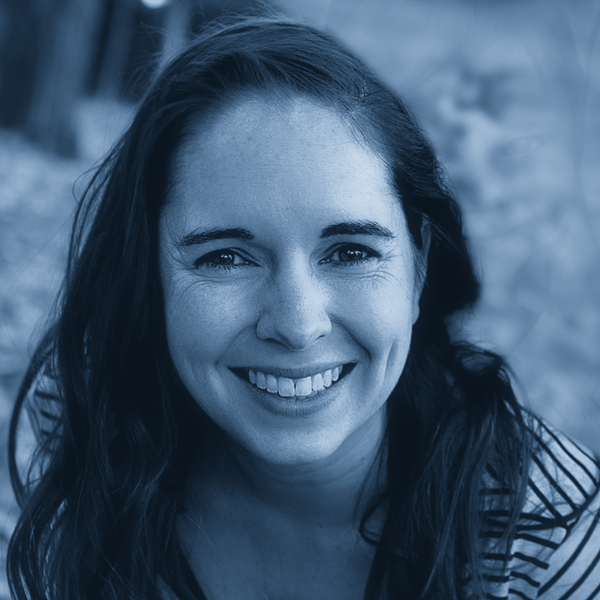“Good, better, best. Never let it rest until your good is better and your better is best.”
This mantra is quite a mouthful for anyone, but is especially impressive coming from Samuel Rahbek-Ward, an 18-year-old Alberta man with cerebral palsy whose parents were told that he would likely never be able to speak. This week, Rahbek-Ward visited London, Ontario with his parents to participate in the 2010 Special Olympics Summer Games and then paid a visit to their good friend Dave Reimer in Elmira.

Reimer is a certified hyperbaric technician who operates out of an office on Arthur Street in Elmira, having made the switch from his career in underwater welding and commercial diving.
The shift came after an industrial accident a number of years back caused severe damage to Reimer’s foot. Seeking alternative options to the recommendation by his doctor to have the foot amputated, he came to see Gordon Ward, director of the hyperbaric oxygen therapy facilities located at the Edmonton General Hospital. Reimer’s foot has now completely recovered, which he credits to the hyperbaric therapy, and a friendship was formed between Reimer and Ward.
Ward first became involved with hyperbaric treatment when his son Sam was born with cerebral palsy, a physical disability with symptoms of varying severity depending on the individual.
“His original prognosis was about as bad as you can get,” said Ward. “The doctors said he would be vegetative and non-verbal.”
After the prognosis, his family searched for options, and then took him to the hyperbaric clinic at McGill University in Montreal for oxygen-therapy treatment.
Hyperbaric oxygen therapy promotes healing by quickly delivering a high concentration of oxygen to affected areas of the body. The chamber is sealed and the atmospheric pressure is increased. The patient then breathes 100 per cent oxygen through a mask or hood, taking breaks to breathe regular air.
Breathing pure oxygen at a level higher than atmospheric pressure increases the amount of oxygen in tissues and increases the transport of oxygen by plasma in the blood. The clinic offered services to athletes, but refused the Ward family because it did not offer services to treat children with brain damage.
Ward decided then that if others weren’t going to provide the treatments to his son, he would have to do it himself, becoming certified in hyperbaric therapy. Samuel has been in treatments since he was six years old, and now goes for near-daily sessions.
Three years ago, Sam began a new type of therapy: swimming. Now, after years of physical therapy, weight-training, lessons in the pool and intensive hyperbaric treatments, the young man can walk with the help of a walker, has excellent grasp of language and just recently won four medals at the Special Olympics for his swimming skills, accomplishments that his family credit to the hyperbaric treatments and a whole lot of dedication.
“To me, Sam represents the spirit of hard work,” said Ward. “All of the athletes at the event this past weekend were fantastic, and what amazes me is knowing how much extra effort they have to put in to get to where they are.”
Sam underwent a number of experimental surgeries at a young age, rendering his leg muscles fragile, so he relies only on his arms to carry him through the water.
“Doctors back then didn’t know how to treat kids with cerebral palsy,” said Ward. “They tried a few different things to help him with mobility, but how he is able to walk now is probably the best we are going to see.”
Sam trains in the pool three times per week with volunteer coaches, and in the gym an additional two times per week. His hard work has paid off, and for his efforts he will bring home to Alberta a gold medal for his 25-metre race, a silver medal for the 25-metre and the 50-metre freestyle races and a bronze medal for his 25-metre backstroke race.
“I couldn’t believe how fast I was going through the water,” said Rahbek-Ward. “I can’t wait to go home and tell my friends.”








